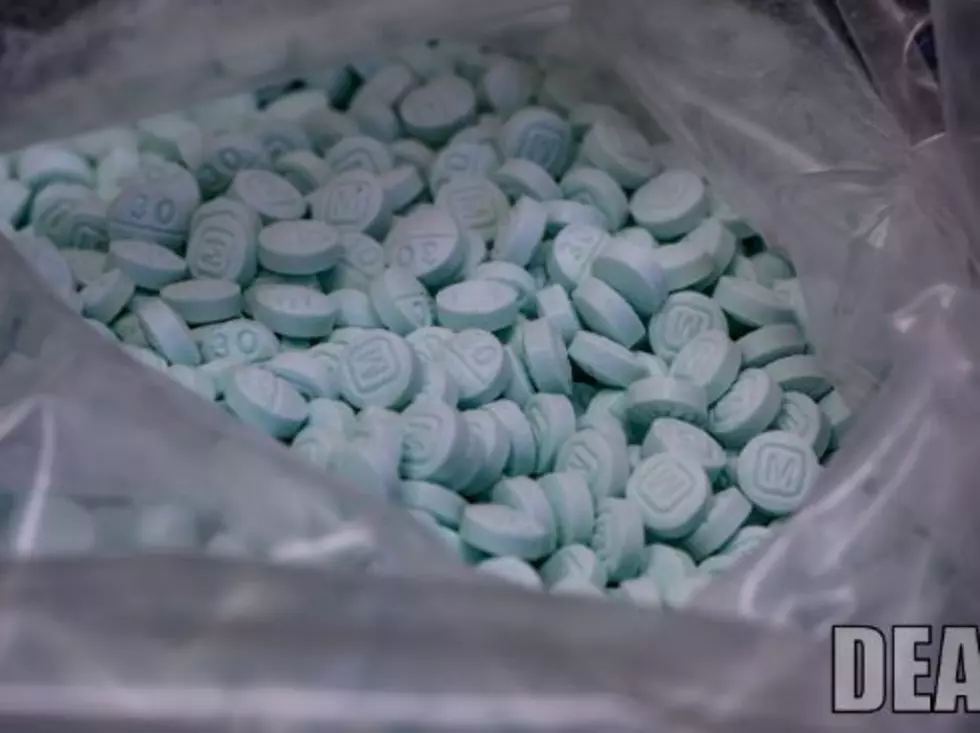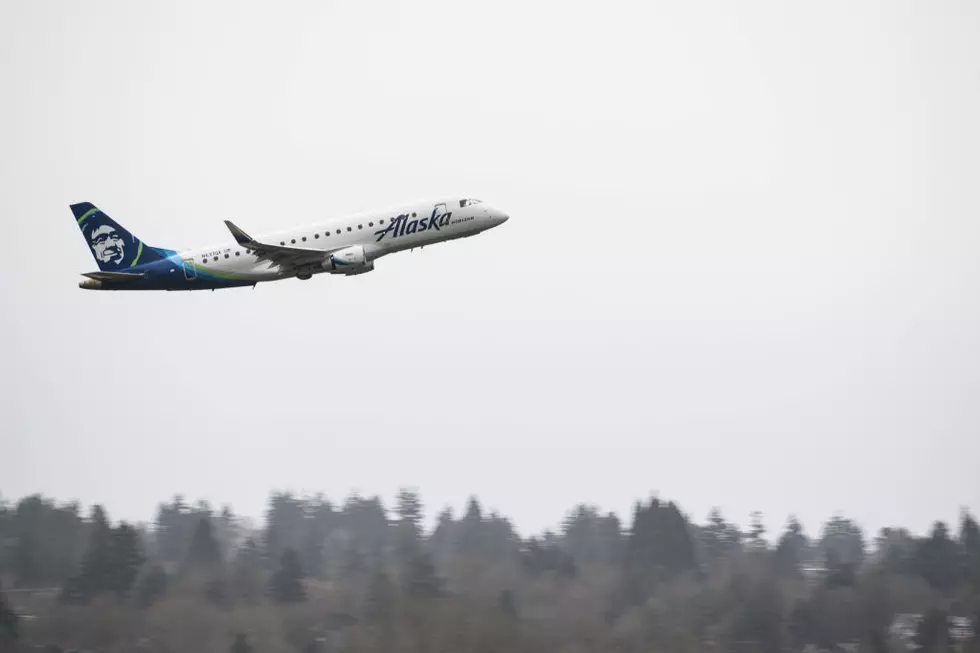
Record NW Numbers For DEA’s National Drug Take Back Day
Residents of Washington, Idaho, Oregon and Alaska turned in 35,137 pounds (17.6) tons of prescription medications on April 29, 2017. This is the highest collection to date for the Pacific Northwest. The following are the results broken down by state:
Washington - 65 collection sites which resulted in 15,148 pounds (7.6 tons) removed from
circulation.
Idaho - 36 collection sites which resulted in 3,746 pounds (1.9 tons) removed from
circulation.
Oregon - 61 collection sites which resulted in 12,120 pounds (6.1 tons) removed from
circulation. This is a record number for Oregon.
Alaska - 18 collection sites which resulted in 4,123 pounds (2.1 tons) removed from
circulation.
Nationally, DEA and more than 4,200 of its law enforcement and community partners collected more unused prescription drugs than any of the 12 previous National Prescription Drug Take Back Day events. On Saturday, April 29, the event brought in 900,386 (450 tons) at close to 5,500 sites across the nation. Marking the 13th National Prescription Take Back Day since September 2010, these events have altogether collected 8,103,363 pounds (4,052 tons) of prescription drugs.
The National Prescription Drug Take Back Day Initiative addresses a crucial public safety and public health issue. According to the 2015 National Survey on Drug Use and Health, 6.4 million Americans abused controlled prescription drugs. The study shows that a majority of abused prescription drugs were obtained from family and friends, often from the home medicine cabinet. The DEA's Take Back Day events provide an opportunity for Americans to prevent drug addiction and overdose deaths.
"Too often, unused prescription drugs find their ways into the wrong hands. That's dangerous and often tragic," said Acting DEA Administrator Chuck Rosenberg. "That's why it was great to see thousands of folks from across the country clean out their medicine cabinets and turn in - safely and anonymously - a record amount of prescription drugs."
DEA's next National Prescription Take Back Day is Saturday, October 28, 2017.
In the more two years since new regulations made the disposal of controlled prescription drugs easier for patients and their caregivers, law enforcement agencies, pharmacies, hospitals and clinics have begun continuous collection of these medications.
More From 870 AM KFLD









